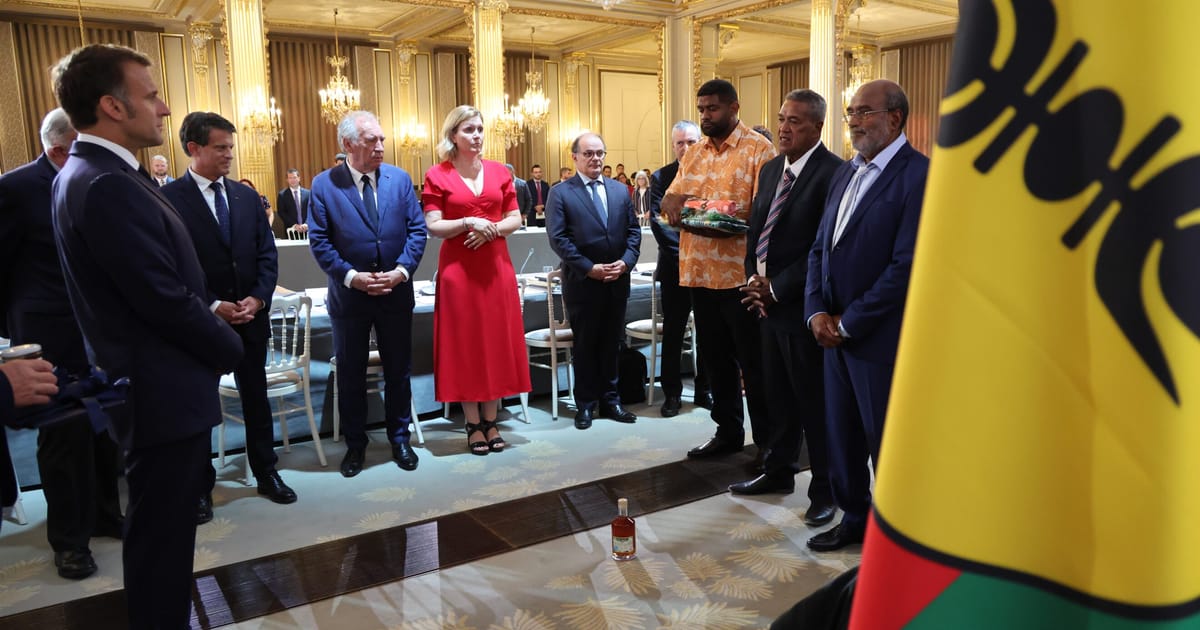

The world witnessed two significant developments recently, reflecting both the dynamic shifts in political landscapes and the complexities of international trade. On one front, a historic agreement has been reached to establish a new state configuration for New Caledonia within France’s constitutional framework. Meanwhile, the U.S. administration has declared a surprising increase in tariffs on goods from the European Union and Mexico, setting off ripples across international markets.
In an uplifting development, France and its overseas territory, New Caledonia, have reached a landmark agreement. This accord is set to establish a “unique organization” for New Caledonia, enshrined within the French constitution. This achievement arrives after years of discussions and deliberations, marking a significant step in recognizing the distinct cultural and political nuances of New Caledonia. French Prime Minister François Bayrou hailed this as a momentous decision that will offer New Caledonia more autonomy while maintaining its connection with France. The agreement is perceived as a thoughtful approach to governance, designed to respect and reflect the unique identity and aspirations of the people of New Caledonia.
The accord is particularly pivotal in light of the historical context, as New Caledonia has long been a site of significant cultural and political dialogues. Placed in the South Pacific, this archipelago has sought to navigate its colonial past and the quest for self-determination. The new arrangement signifies a commitment to peaceful cooperation and shared future objectives, aligning with broader global trends toward granting territories greater governance autonomy yearned by their peoples. This arrangement exemplifies a mindful collaboration, aiming to foster a harmonious relationship between New Caledonia and France, with the possibility of serving as a template for resolving similar issues globally.
In stark contrast to this collaborative development, across the Atlantic, the U.S. administration announced a substantial imposition of tariffs on imports from the European Union and Mexico. Effective from August 1st, these goods will face a hefty tariff rate of 30%. This unexpected move was communicated by former President Donald Trump through his social media platform, Truth Social, catching many by surprise. The timing of this announcement disrupted ongoing negotiations. The European Commission and U.S. trade representatives, after tireless efforts to secure a mutually beneficial trade deal, were taken aback by this unilateral decision.
The imposition of tariffs introduces a challenging phase in transatlantic and North American economic relations. Businesses and governments across Europe and Mexico are now seeking ways to navigate these changes, potentially recalibrating trade strategies and pricing models. Meanwhile, economists and trade experts worldwide are closely monitoring the potential impact on global supply chains and market dynamics. Importantly, stakeholders are emphasizing the need to pursue diplomatic channels and dialogue, hoping to mitigate the effect of tariffs and restore amicable trade relations.
In these times of rapid and complex changes on the international stage, the developments in New Caledonia and the U.S. offer a striking juxtaposition. On one side, the careful crafting of a governance model illustrates the power of negotiation and respect for autonomy. On the other, the abrupt declaration of new trade barriers serves as a reminder of the challenges inherent in global economic interconnectedness. Ultimately, both events underscore the importance of strategic communication, mutual respect, and the pursuit of balanced solutions to advance peaceful and prosperous international relationships.
Source: {link}
